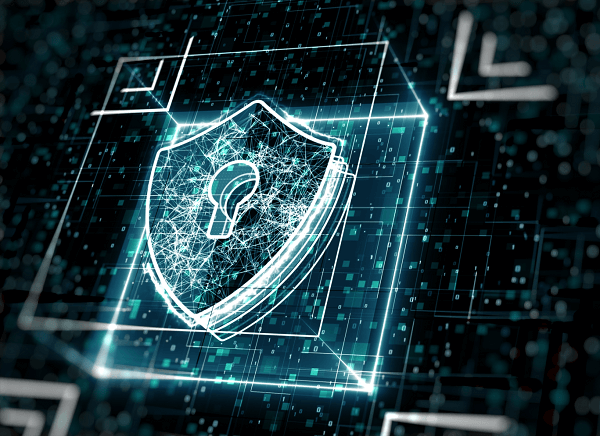Blockchain to secure IOT data
Blockchain is a game-changing technology that is altering how we store and transport data. It has the potential to change a wide range of businesses, including the Internet of Things (IoT). With billions of devices linked to the internet, the IoT market is expanding at an unprecedented rate. However, with this expansion comes the necessity for enhanced security measures to safeguard critical data. Blockchain technology has the potential to play a critical role in the security of IoT data. The IoT sector confronts a number of security concerns, including device tampering, data breaches, and unauthorized device access. These issues come as a result of data centralization, which makes it simpler for hackers to obtain access to critical information. Blockchain technology can address these issues by establishing a decentralized and immutable ledger that securely and transparently records all transactions. One of the most important characteristics of blockchain technology is its decentralized nature. Data is stored in a single area in a typical centralized system, making it easier for hackers to obtain access to important information. Data is kept across a network of nodes in a blockchain-based system, making it far more difficult for hackers to tamper with the data. Immutability is another fundamental aspect of blockchain technology. Data that has been recorded on a blockchain cannot be changed or removed. This implies that any tampering with the data will be discovered instantly, making it far more difficult for hackers to infiltrate the system. Encryption and smart contracts are two examples of how blockchain technology might improve security. Encryption guarantees that data is delivered securely, while smart contracts automate transaction verification and execution. These measures can guarantee that only authorized devices have access to the data and that any unauthorized access is identified as soon as possible. The application of blockchain technology in the IoT market goes beyond data security. It can also make data exchange across devices and organizations easier. Blockchain-based platforms can make data exchange more safe and transparent, making it easier for organizations to cooperate and share insights. Additionally, blockchain technology has the potential to increase the efficiency and cost-effectiveness of IoT data handling. To handle and validate transactions, traditional data management systems require centralized authority. This centralized strategy is both costly and time-consuming. By eliminating the need for centralized authority, blockchain technology can provide a more efficient and cost-effective alternative. The decentralized structure of blockchain enables automatic transaction verification and execution, removing the need for middlemen and lowering costs. Increased transparency is another advantage of employing blockchain technology in the IoT market. Because blockchain technology is transparent, data transactions can be easily audited and accountable. This implies that any tampering or unauthorized access may be detected and tracked back to its source. Increased openness can also aid in the development of trust among various organizations and players in the IoT ecosystem. Supply chain management is one of the possible uses of blockchain technology in the IoT business. Blockchain technology may be used to build a transparent and secure supply chain, allowing for easy tracking and monitoring of things from their origin to their destination. This can increase supply chain efficiency and lessen the possibility of counterfeit items entering the market. However, it is crucial to highlight that blockchain technology adoption in the IoT industry is still in its early phases, and there are various hurdles that must be overcome. These issues include blockchain network scalability, blockchain platform interoperability, and blockchain technology integration with current IoT infrastructure. One of the primary advantages of adopting blockchain technology to safeguard IoT data is that it allows consumers to have more control and ownership over their data. Data is frequently managed by centralized entities, such as governments or companies, in traditional data management systems. This might raise concerns about data privacy and ownership. Users may have more control over their data and select who they share it with thanks to blockchain technology. Blockchain technology has the potential to drive increased innovation in the IoT business. Collaboration and the creation of new apps and services can be facilitated by the ability to safely and openly share data. IoT systems built on blockchain can potentially enable the formation of decentralized autonomous organizations (DAOs), in which devices can participate in decision-making and governance. Following that, the use of blockchain technology to protect IoT data has the potential to revolutionize the IoT sector by offering a safe and transparent answer to the industry's security concerns. While there are still obstacles to overcome, the potential benefits of blockchain technology in the IoT business are enormous, including enhanced security, efficiency, transparency, and creativity. As blockchain technology becomes more widely used, we should expect to see more inventive applications of this technology in the IoT market.
Next TopicHow does Blockchain support Crowdfunding
|
 For Videos Join Our Youtube Channel: Join Now
For Videos Join Our Youtube Channel: Join Now
Feedback
- Send your Feedback to [email protected]
Help Others, Please Share










